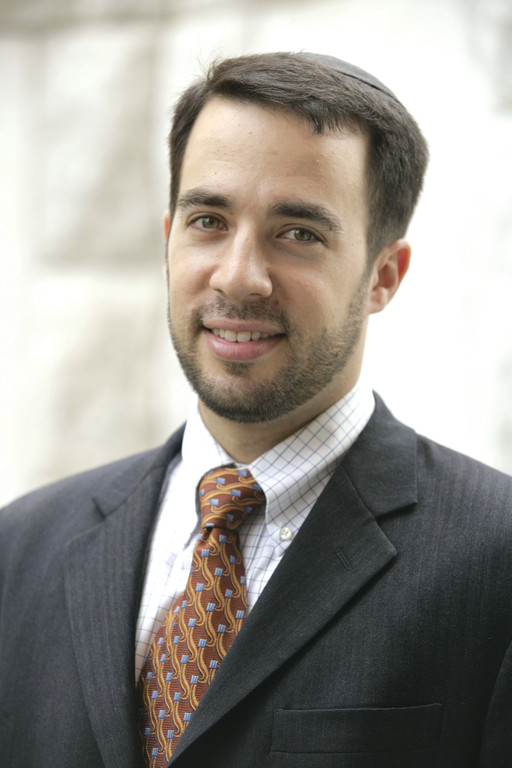Vayikra: Uniting body and soul to serve G-d
In his Yizkor sermon on Yom Kippur 1963 (“Body and Soul”), Rabbi Norman Lamm introduced a fascinating idea in the name of Rabbi Moshe Avigdor Amiel.
Before Avraham, humans were referred to as basar (literally “humans” or “flesh”) — “Man shall leave his father and mother, and cling to his wife so they may become one basar (human/flesh).” “And all the basar (humans) died [in the flood].”
After Avraham is introduced to us, people are referred to as nefesh (literally “souls”) — “And Avram took … the nefesh (people) they [taught] in Charan.”
Rabbi Lamm’s sermon is a work of art, worthy of being read in its entirety.
For our parsha it opens the door to a similar theme – that for the most part (nine times), all those who sin and are mandated to bring an offering are refered to as nefesh, with the exception being the first person, who is referred to as Adam (a human being). (1:2)
It is curious to note that Onkelos and Targum Yonatan don’t seem to distinguish between the terms (Onkelos calls both an Enash, while TY calls the Adam an enash, and the nefesh a Bar Nash), and yet the distinction is not lost on other commentaries.
Rashi notes (1:2) that the use of the word Adam is meant to specifically bring to mind the man Adam, “Just as Adam did not bring any offerings from stolen property, since the world belonged to him, so should everyone bring offerings only from their own property.”
Rashi also takes the specific usage of the word nefesh in 2:1 as a springboard to suggest that since it is only a pauper who offers a flour offering (instead of a more expensive animal), it is viewed by G-d as if he is literally offering his soul (his nefesh).
Ibn Ezra refers to the nefesh as an indication of a whole-hearted donation. While Ramban (4:2) explains how the accidental sin is sometimes brought about through a thought that originates within the soul. Since it is the soul, in that sense, that is sinning, it is the soul that needs atonement.
Rabbenu Bachaye is a more holistic in his approach (or should I say whole-istic) when he suggests that the word nefesh refers to the combined body and soul. (With apologies to Rabbi Lamm.)

 47.0°,
Mostly Cloudy
47.0°,
Mostly Cloudy 




